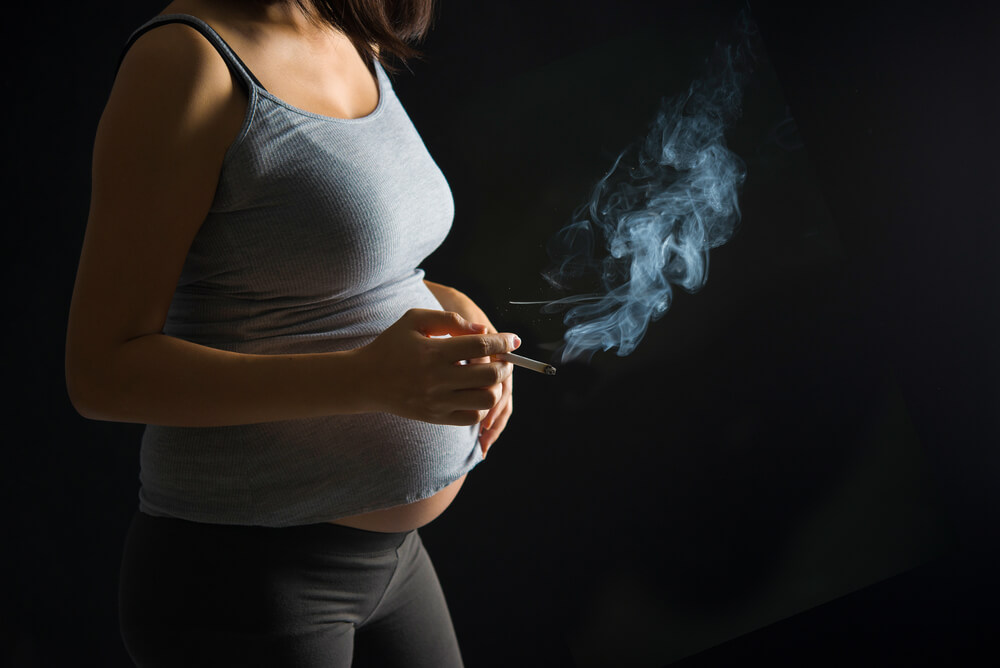-
Tips for becoming a good boxer - November 6, 2020
-
7 expert tips for making your hens night a memorable one - November 6, 2020
-
5 reasons to host your Christmas party on a cruise boat - November 6, 2020
-
What to do when you’re charged with a crime - November 6, 2020
-
Should you get one or multiple dogs? Here’s all you need to know - November 3, 2020
-
A Guide: How to Build Your Very Own Magic Mirror - February 14, 2019
-
Our Top Inspirational Baseball Stars - November 24, 2018
-
Five Tech Tools That Will Help You Turn Your Blog into a Business - November 24, 2018
-
How to Indulge on Vacation without Expanding Your Waist - November 9, 2018
-
5 Strategies for Businesses to Appeal to Today’s Increasingly Mobile-Crazed Customers - November 9, 2018
Both active and passive smoking linked to infertility and early Menopause
Back to the new study, women who grew up with a smoker in the household for 10 years or more and those who lived with a spouse who smoked for 20 years or more, and those who worked with smokers for 10 years or more were 18 percent more likely to suffer infertility problems than those who had never been passive smokers.
Advertisement
They also discovered that those exposed to the most secondhand smoke experienced menopause over a year before they turned 50.
Compared with women who had never smoked, the team found that women who were either current or former smokers were at 14% greater risk for infertility and at 26% greater risk of experiencing menopause before the age of 50.
The report, involving 79,000 women, showed those who smoked from the age of 15 went through the menopause on average 21 months earlier than women who did not smoke.
The highest level of passive smoke exposure was associated with the arrival of menopause 13 months earlier than the lowest (zero) level.
Although previous studies have already found a link between infertility and active smoking, researchers at the Roswell Park Cancer Institute also wanted to look at a link between infertility and passive smoking.
Surprisingly, researchers found 18% increased risk of having problems getting pregnant and entering menopause at an early age in women who never smoked but were exposed to secondhand smoke.
There was a clear link between being exposed to cigarette smoke and fertility issues and an earlier menopause, the scientists noted.
Women who started smoking before age 15 reported earlier menopause almost 22 months in advance. Even non-smoking women exposed to high levels of secondhand smoke began menopause about 13 months earlier than those with no exposure.
Using questionnaires, they were asked how long they had smoked for, how much they smoked and when they had experienced the menopause. Non-smokers were asked whether they were exposed to second hand smoke in their childhood and adult years and whether they had to cope with second hand smoke at their workplace.
The findings held true after taking account of several influential factors, including body mass index (BMI) at the age of 18, educational attainment, alcohol consumption, exercise levels, insecticide exposure, oral contraceptive use, and age at first period.
The research was published online in the journal Tobacco Control.
“This is one of the first studies of this size and statistical power to investigate and quantify active and passive smoking and women’s health issues”, the study’s researchers said in a statement.
Advertisement
This is an observational study so no firm conclusions can be drawn about cause and effect, but their findings back those of other smaller studies, they say. “However, the findings from this paper bring those harms back a few decades to women of reproductive age”.





























